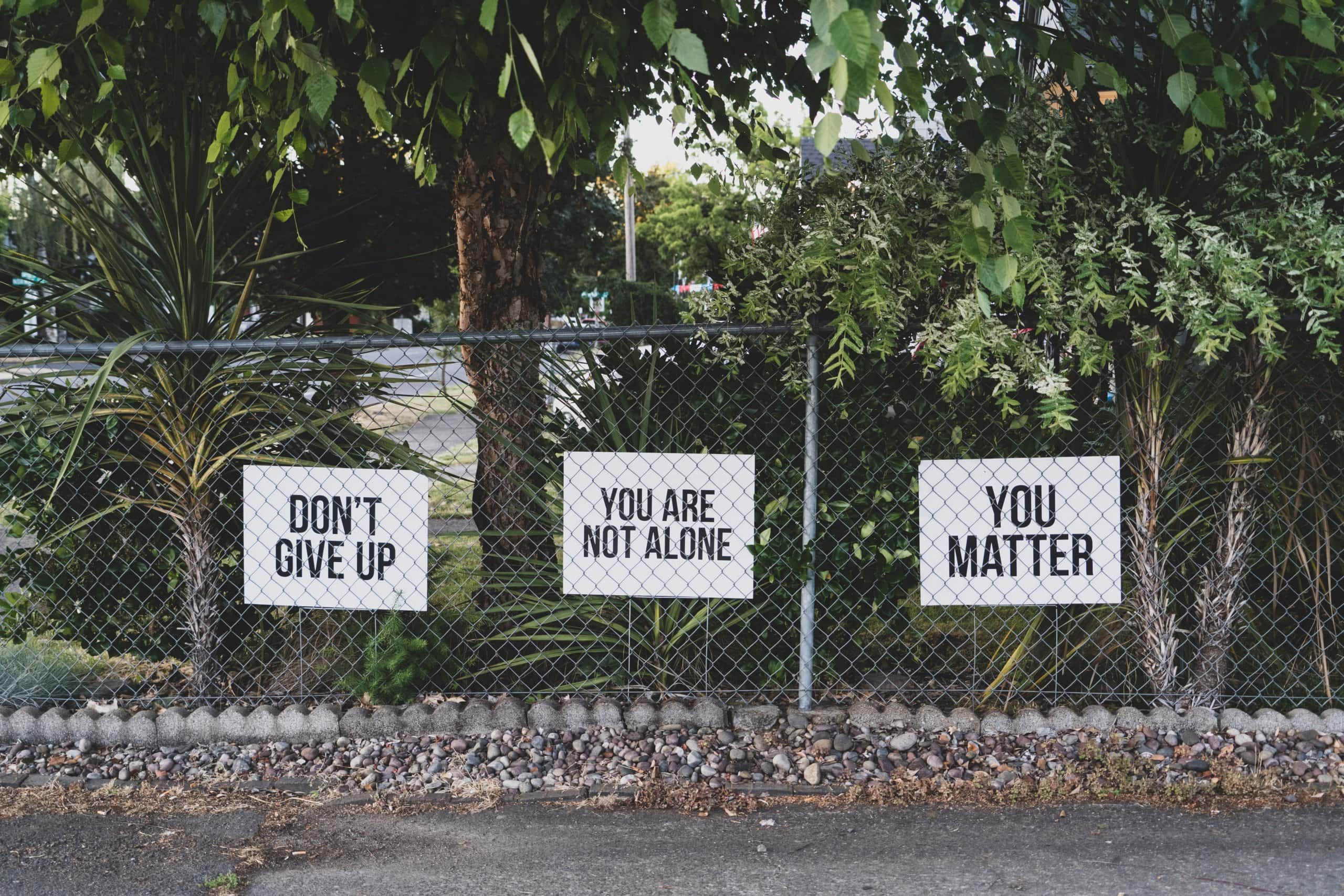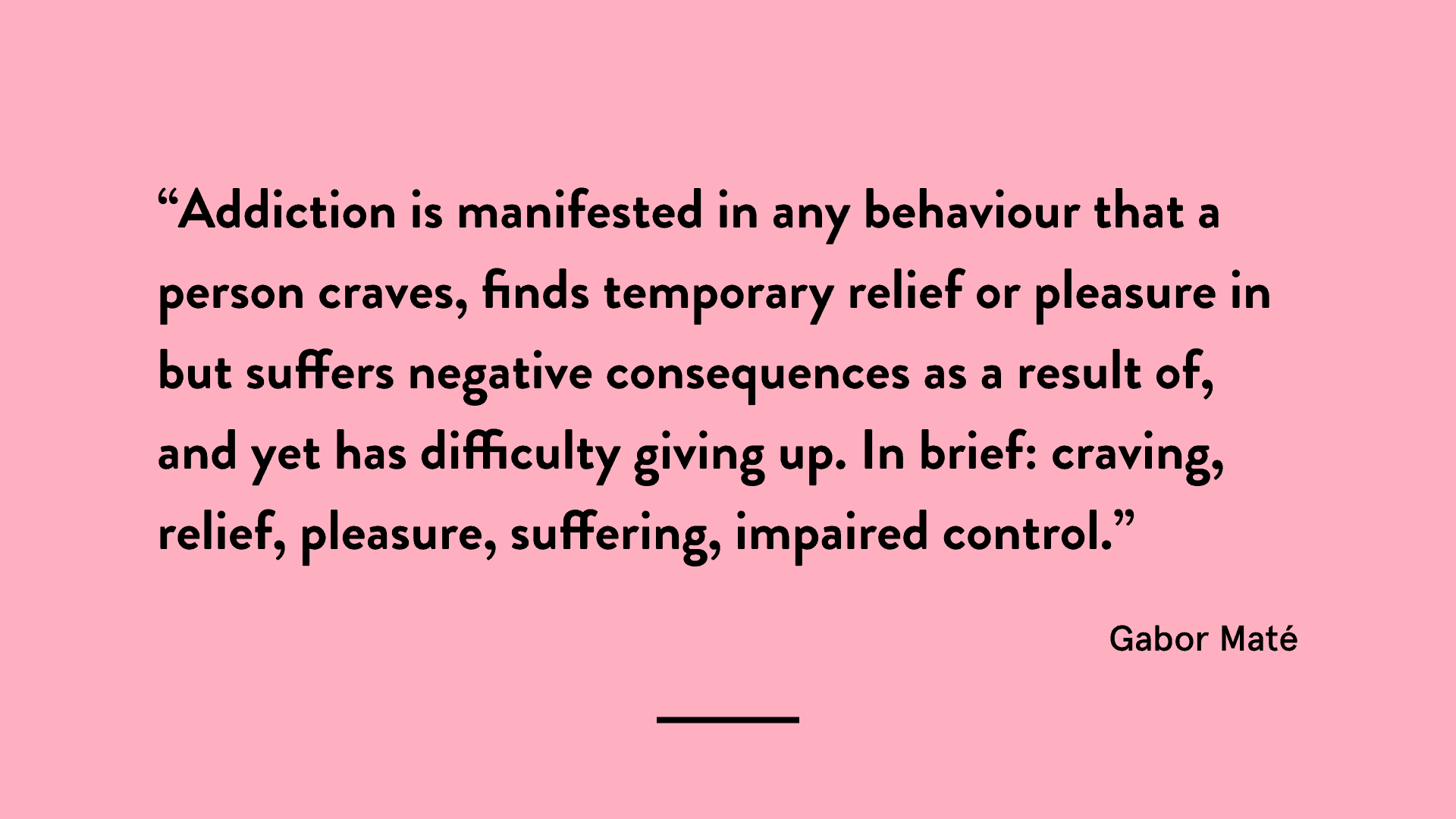
Sober curious, grey area drinker, problem drinker, alcoholic, addict… whatever you identify with or feel comfortable accepting — the first step on your ‘How to Stay Sober’ journey is accepting the reality of your situation.
No one has articulated addiction within our culture with as much clarity as doctor and physician Gabor Maté:

If this is true for you, accepting this, without shame or harsh judgement, but with deep, deep self-compassion is the start of proper healing.
Some tips on how to stay Sober
First of all, staying sober is hard, daily graft.
You’re dealing with cravings and triggers. You’re dealing with all of those previously surprised emotions, feelings and memories that come flooding into the sober mind. Those feelings of shame, guilt, depression, the hopelessness. The loss of identity and connections with others who would join us in, or enable, our addictive behaviours. The loss of places that become too difficult to visit, too alien to feel like we belong there anymore.
Wherever you’re at on your non-linear journey of recovery, take these points with care and anchoring.
1. Try and stay as connected as possible.
Keep up with AA or NA meetings if you’re attending. If you aren’t, try and have some 1:1 conversations with as many people as possible – people who know you, love you and support you. Lean into the vulnerability in asking for help. Asking to go for a walk, a coffee, even a phone call. Whatever it is that will get you in the presence of another. The opposite of addiction isn’t sobriety, the opposite of addiction is connection.
2. Move your body, even though you can’t be arsed.
Change the way you feel physically with some exercise. Go for a walk, run or bike ride. When we move our body, we move our mood. Regular physical activity will reduce stress, anxiety and depression. It can improve self-esteem and boost self-confidence, which can support you in building a strong sense of self-worth and self-care. The shit we need to keep in touch with our compassionate self.
3. Play through to the end credits.
If you feel tempted, “play the film through to the end credits.” Think about what will happen if you do have that drink or drug or make that bet. What will happen after 5 minutes, an hour, a day, a week? Where would you be in a month? What would you lose? How would you feel? Be realistic. Use real examples of what has happened to you in the past. Think about your “yets” – eg, what hasn’t happened – yet?
4. Know that thoughts and feelings aren’t facts.
Remember that a thought is just a thought. You don’t need to act on it. You can acknowledge it, then let it go. Having a thought about drinking or using doesn’t make you “bad,” or “weak” – in fact if you are someone who suffers from addiction, it’s perfectly natural. But it’s just a thought. You don’t have to act on it, let it come and let it go. Notice it. Voice it out loud if you need to.
5. Stick to rituals and routines.
Recovery loves routine. It offers containment, order and grounding. Try and make a plan – have a schedule and stick to it. Even if your schedule just includes an online meeting, phone calls, exercise, meals and bed, it’s a fantastic schedule. Tomorrow’s another day. Keep it in the day, keep it simple.